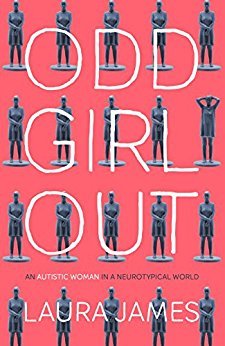What do you think?
Rate this book


226 pages, Paperback
First published April 6, 2017
I need words. If I’m not reading words, listening to them, or saying them out loud I feel jittery. Not anxious, more of a kind of scared. A sense of unease, as if something is going to happen. Like the rumble on a track that speaks of a train about to whiz by.
....I would create imaginary worlds in my head and would sit still for hours coming up with the rules for this parallel universe. In this new world in my head‚Ä�.Mealtimes were optional...At school, you could choose what to do...Every day the library was stocked with new books. No one shouted or raised their voices. If you ever broke a rule, a proper grown-up explained why it was a rule and why it mattered, and then you were simply told - kindly - not to do it again.